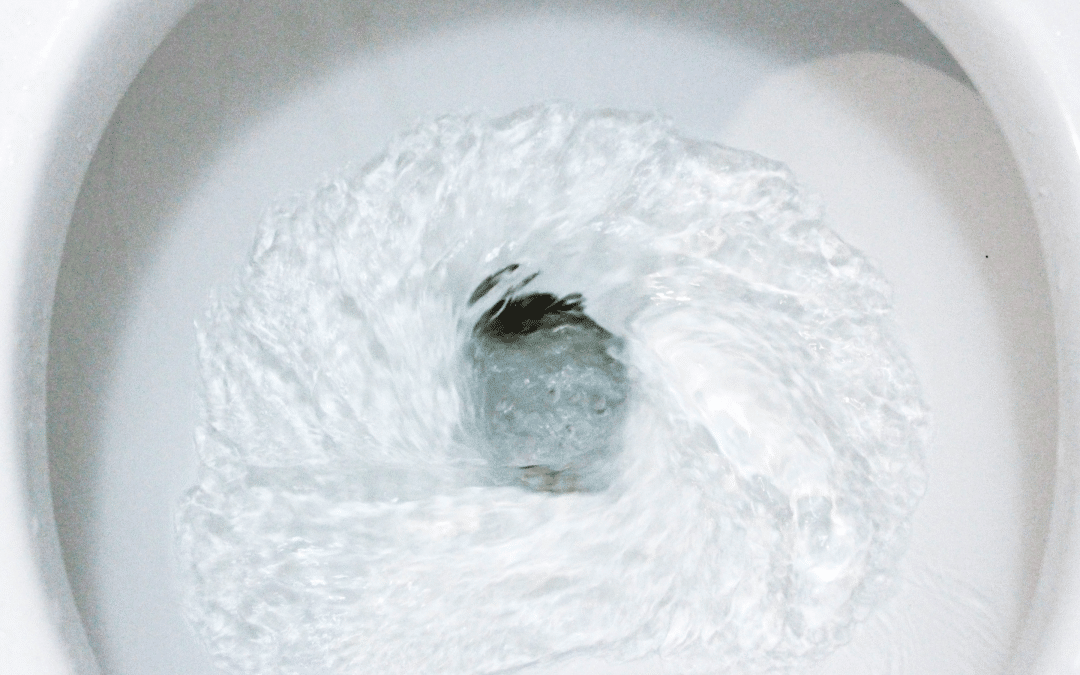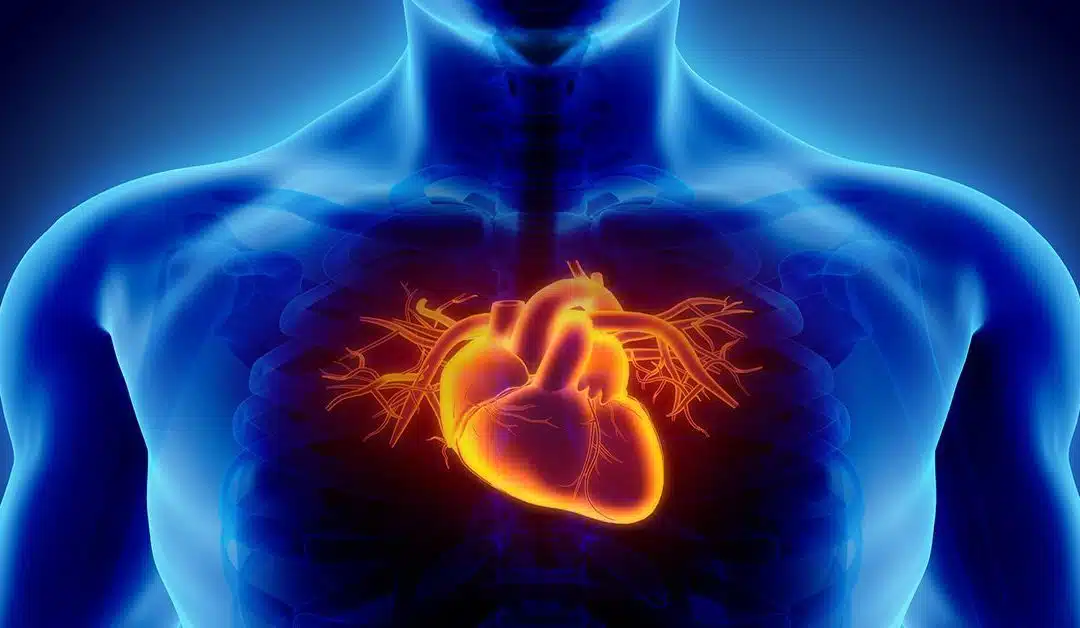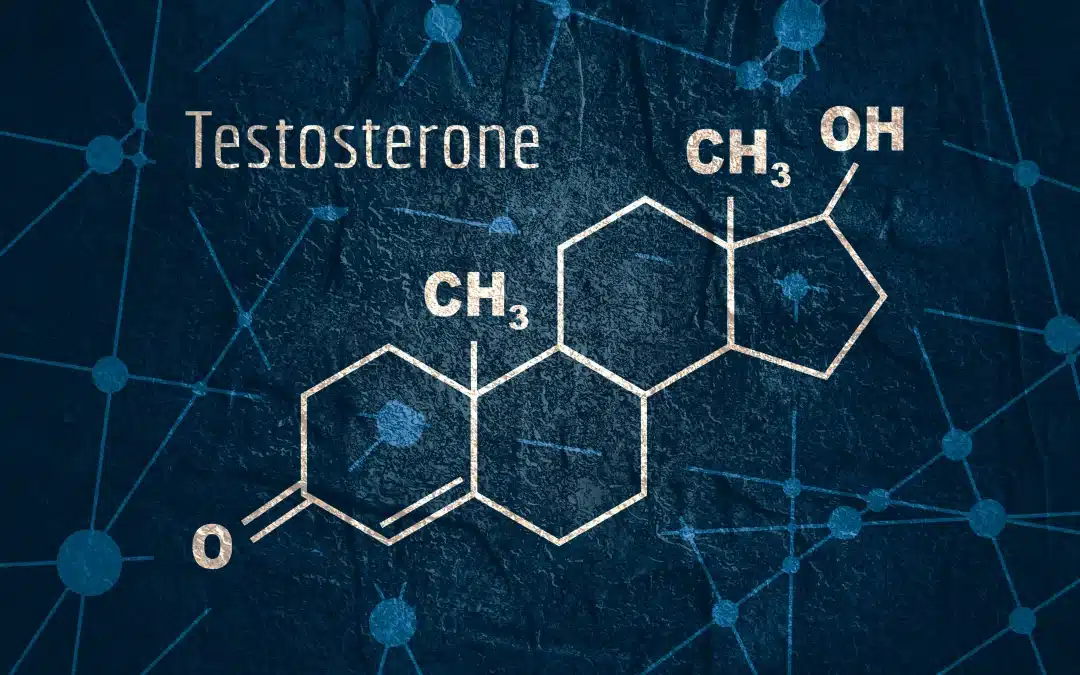The gut microbiome has captivated the attention of researchers and health enthusiasts alike. This remarkable microbial community plays a pivotal role in our overall well-being, influencing various aspects of our health, from digestion and nutrient absorption to immune function and even mental health.
As we dive deeper into understanding the gut microbiome, we uncover its intricate relationship with the foods and beverages we consume, including alcohol. In this article, we will explore the complex interplay between alcohol consumption and the gut microbiome, shedding light on the potential benefits, harms, and strategies for maintaining a healthy balance.
The Benefits of a Healthy Gut Microbiome
A thriving and diverse gut microbiome is essential for optimal health [1]. These microscopic inhabitants play a crucial role in various bodily functions, including:
- Digestion and nutrient absorption: Gut bacteria aid in breaking down complex carbohydrates, proteins, and fats, ensuring efficient nutrient absorption.
- Immune system regulation: The gut microbiome helps modulate the immune system, protecting us from harmful pathogens while preventing autoimmune disorders.
- Mental health and mood regulation: Recent research has revealed a strong connection between gut health and mental well-being, commonly referred to as the “gut-brain axis.”
Maintaining a diverse and balanced gut microbiome is crucial for overall health and well-being, and our lifestyle choices, including our dietary habits and alcohol consumption, can significantly alter this delicate ecosystem.
What Happens to the Gut Microbiome when Consuming Alcohol?
Alcohol can have profound effects on the gut microbiome. While moderate alcohol consumption may have some potential benefits according to some animal models, excessive or chronic alcohol intake can disrupt the delicate balance of gut bacteria, leading to various health consequences [2,3,4].
Excessive alcohol consumption can wreak havoc on the gut microbiome in several ways:
- Dysbiosis: Alcohol can alter the composition and diversity of gut bacteria, leading to an imbalance known as dysbiosis. It can promote the growth of harmful bacteria, such as Proteobacteria and Actinobacteria, while suppressing beneficial bacteria like Lactobacilli and Bifidobacteria. This imbalance can promote the growth of harmful bacteria while suppressing beneficial ones, potentially contributing to various health issues.
- Increased intestinal permeability: Alcohol can damage the intestinal lining, leading to a condition known as “leaky gut.” This increased intestinal permeability allows harmful substances and bacteria to enter the bloodstream, potentially triggering inflammation and immune system responses.
- Impaired nutrient absorption: Alcohol can interfere with the absorption of essential nutrients, such as vitamins and minerals, further compromising gut health and overall well-being.
- Reduced diversity: Chronic alcohol consumption can lead to a decrease in the diversity of gut bacteria, which is associated with various health problems.
- Bacterial metabolites: Alcohol can influence the production of bacterial metabolites, such as short-chain fatty acids (SCFAs), which play crucial roles in gut health and immune function.
The Role of Probiotics in Maintaining a Healthy Gut Microbiome
Probiotics are live microorganisms that provide health benefits when consumed in adequate amounts and can play a crucial role in supporting a healthy gut microbiome [1,2]. These beneficial bacteria can help counteract the negative effects of alcohol on the gut by:
- Restoring balance: Probiotic supplementation can help replenish the gut with beneficial bacteria, restoring the balance disrupted by alcohol consumption.
- Reducing inflammation: Certain probiotic strains have been shown to have anti-inflammatory properties, which can help mitigate the inflammatory effects of alcohol on the gut lining.
- Enhancing nutrient absorption: Probiotics can aid in the digestion and absorption of essential nutrients, counteracting the negative impact of alcohol on nutrient absorption.
It’s important to note that not all probiotic strains are created equal, and the effectiveness of probiotics can vary depending on the specific strain and individual circumstances. Consulting with a healthcare professional or a qualified nutritionist can help determine the most appropriate probiotic supplement for supporting gut health.
Lifestyle Factors that can Support a Healthy Gut Microbiome
While moderating alcohol consumption is crucial for maintaining a healthy gut microbiome, other lifestyle factors can also play a significant role:
- Adequate hydration: Staying well-hydrated by drinking plenty of water can support overall gut health and facilitate the proper elimination of waste products.
- Regular physical activity: Exercise has been shown to positively impact the gut microbiome by increasing bacterial diversity and promoting the growth of beneficial bacteria.
- Stress management: Chronic stress can disrupt the gut-brain axis and negatively impact the gut microbiome. Incorporating stress-reducing activities, such as meditation, yoga, or deep breathing exercises, can help maintain a healthy gut environment.
- Sleep hygiene: Adequate and quality sleep is essential for overall health, including gut health. Establishing a consistent sleep routine and practicing good sleep hygiene can support a balanced gut microbiome.
The Importance of a Balanced and Varied Diet for Gut Health
A balanced and varied diet is crucial for maintaining a healthy gut microbiome [1]. Here are some key dietary components that can support gut health:
- Fiber-rich foods: Fruits, vegetables, whole grains, and legumes are excellent sources of dietary fiber, which serves as fuel for beneficial gut bacteria and promotes regular bowel movements.
- Fermented foods: Fermented foods like yogurt, kefir, sauerkraut, and kimchi are rich in probiotics and can help replenish the gut with beneficial bacteria.
- Omega-3 fatty acids: Found in fatty fish, nuts, and seeds, omega-3 fatty acids have anti-inflammatory properties and can support a healthy gut environment.
- Polyphenol-rich foods: Fruits, vegetables, green tea, and dark chocolate are rich in polyphenols, which can promote the growth of beneficial gut bacteria and reduce inflammation.
By incorporating a variety of nutrient-dense, whole foods into your diet, you can provide the necessary nourishment for a thriving gut microbiome and support overall health and well-being.
Tips for Moderating Alcohol Consumption and Supporting Gut Health
If you choose to consume alcohol, it’s essential to do so in moderation and implement strategies to support a healthy gut microbiome. Here are some tips to consider:
- Practice moderation: Limit alcohol consumption to no more than one drink per day for women and two drinks per day for men, according to the Dietary Guidelines for Americans.
- Hydrate adequately: Drink plenty of water before, during, and after consuming alcohol to help mitigate the dehydrating effects of alcohol and support proper digestive function.
- Choose your drinks wisely: Opt for lower-alcohol beverages, such as wine or light beer, and avoid sugary cocktails or mixers, which can further disrupt gut health.
- Incorporate probiotic-rich foods: Consume probiotic-rich foods like yogurt, kefir, sauerkraut, and kimchi to help replenish beneficial gut bacteria.
- Prioritize a balanced diet: Focus on consuming varied and nutrient-dense diet rich in fiber, antioxidants, and essential nutrients to support overall gut health.
- Consider probiotic supplements: If recommended by a healthcare professional, probiotic supplements can help restore the balance of gut bacteria disrupted by alcohol consumption.
- Engage in regular physical activity: Incorporate regular exercise into your routine, as physical activity has been shown to positively impact gut health.
- Practice stress management techniques: Implement stress-reducing activities, such as meditation, yoga, or deep breathing exercises, to support the gut-brain axis and maintain a healthy gut environment.
By adopting these strategies and making conscious choices about alcohol consumption, you can help mitigate the negative impacts on your gut microbiome and promote overall health and well-being.
Final Thoughts
The relationship between alcohol consumption and the gut microbiome is intricate and multifaceted. While moderate alcohol intake may have potential benefits, excessive or chronic consumption can disrupt the delicate balance of gut bacteria, leading to various health consequences.
Ultimately, striking a balance between enjoying alcohol and maintaining a thriving gut microbiome is a journey of self-awareness, moderation, and a commitment to overall well-being. By prioritizing gut health, we can unlock the numerous benefits of a diverse and balanced gut microbiome, paving the way for optimal health and vitality.
If you’re interested in learning more about the gut microbiome and how to support its health, consider consulting with a qualified healthcare professional or nutritionist. They can provide personalized guidance and recommendations tailored to your specific needs and lifestyle. Additionally, explore our comprehensive list of excellent probiotics and gut health supplements to support a balanced and thriving gut microbiome.
Sources
[1] Valdes A M, Walter J, Segal E, Spector T D. (2018). Role of the gut microbiota in nutrition and health BMJ. 361:k2179 https://doi.org/10.1136/bmj.k2179
[2] Engen, P. A., Green, S. J., Voigt, R. M., Forsyth, C. B., & Keshavarzian, A. (2015). The Gastrointestinal Microbiome: Alcohol Effects on the Composition of Intestinal Microbiota. Alcohol research : current reviews, 37(2), 223–236.
[3] Lee, E, Lee, J-E, (2021). Impact of drinking alcohol on gut microbiota: recent perspectives on ethanol and alcoholic beverage. Current Opinion in Food Science, 37, 91-97. https://doi.org/10.1016/j.cofs.2020.10.001
[4] Calleja-Conde, J., Echeverry-Alzate, V., Bühler, K. M., Durán-González, P., Morales-García, J. Á., Segovia-Rodríguez, L., Rodríguez de Fonseca, F., Giné, E., & López-Moreno, J. A. (2021). The Immune System through the Lens of Alcohol Intake and Gut Microbiota. International journal of molecular sciences, 22(14), 7485. https://doi.org/10.3390/ijms22147485
https://www.mdanderson.org/cancerwise/how-does-alcohol-affect-the-microbiome.h00-159696756.html
https://www.nytimes.com/2024/01/30/well/eat/alcohol-gut-health-microbiome.html
https://www.everydayhealth.com/digestive-health/how-does-alcohol-affect-your-gut/
https://www.sciencedaily.com/releases/2022/08/220811135321.htm








